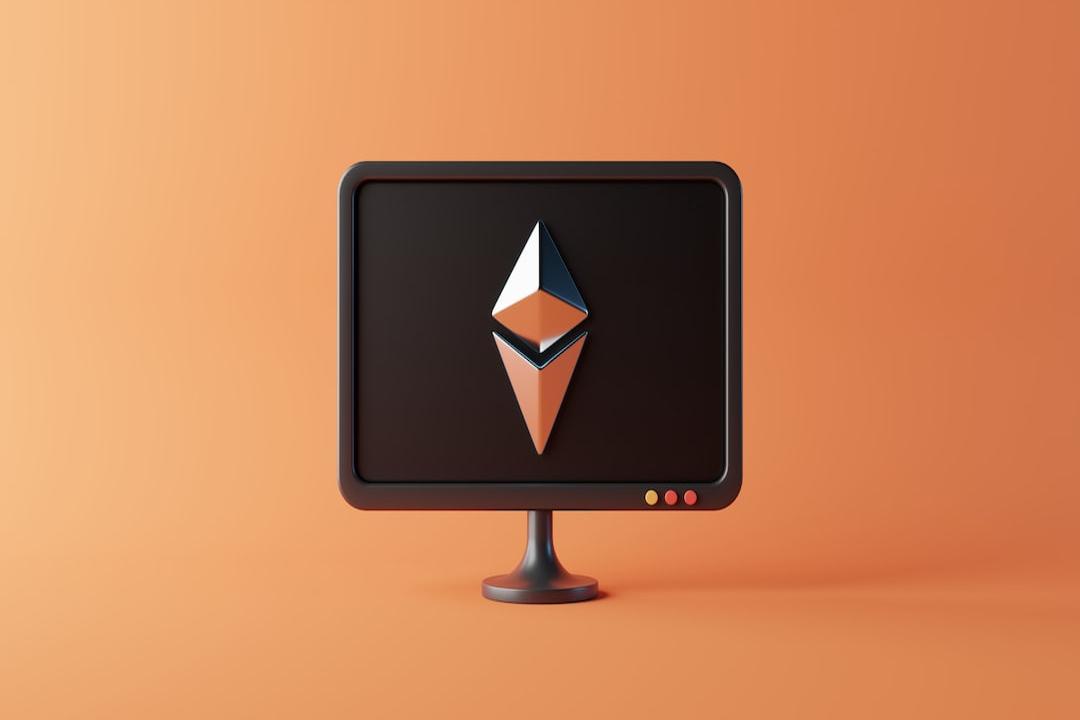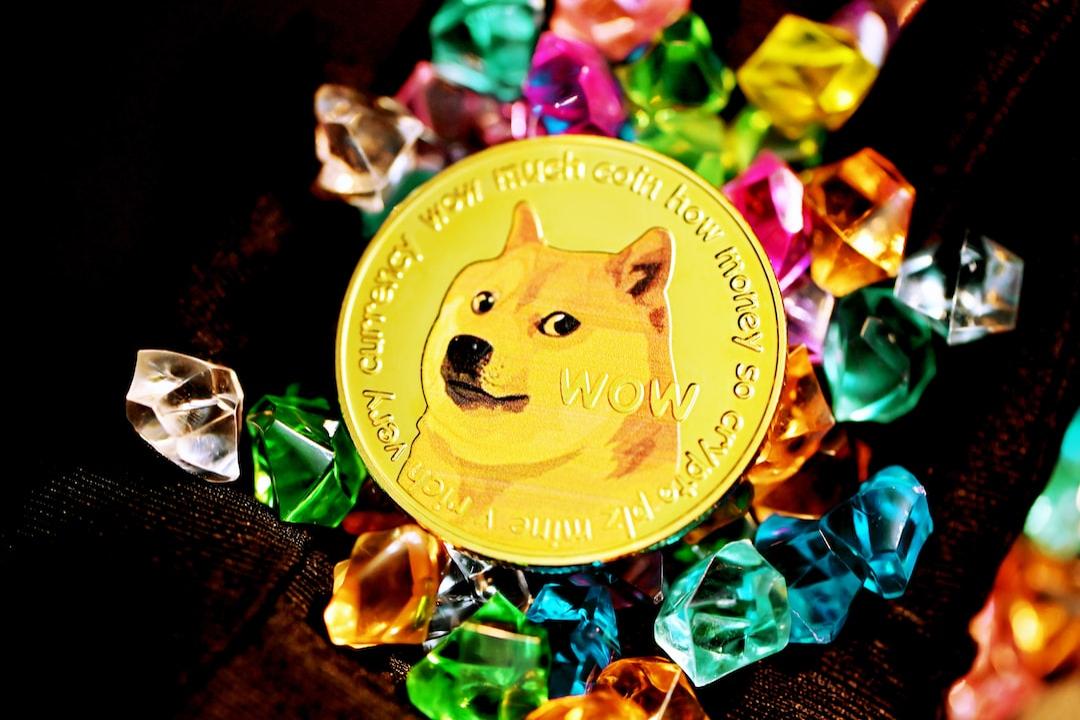“Decentralization, DAO, public goods, creator economy, web cities, interoperability, token economy, consensus mechanisms, basic income for creators, sovereign individuals…”
How many of these web3 concepts that you’ve heard of are translated from English? Today, we are still like our predecessors over 100 years ago, learning to think about society by combining the Chinese characters for “people” and “master”, and trying to understand knowledge by combining the characters for “science” and “learning”.
Are we creating or still translating? A significant proportion of publicly accessible Chinese web3 information consists of technical translations, popular English project introductions, and Chinese translations of conversations by Vitalik Buterin (some of which don’t even require translation).
This column aims to provide something that is 100% different from these proportions.
I have already seen a kaleidoscope-like Chinese-speaking world.
Its scope extends far beyond the mainland. In addition to the land, there are many experiments happening where we can easily understand each other due to the common language, but lack communication channels.
In Taiwan, you can see comic strips in newspapers popularizing blockchain knowledge for children, the government promoting the application of decentralized technologies in local governance, someone studying the significance of Taoist thought for decentralized organizations in a white paper, and a DAO explicitly stating that they do not want to follow the Western DAO model and avoid voting if possible.
In Chiang Mai, or rather from Dali to Chiang Mai, people are creating a Chinese-speaking web3 “enclave”. Unlike Taiwan, they carry the cultural genes of the mainland but are trying to graft something unique that cannot be achieved by any native culture in a foreign environment.
In the Americas and Europe, second and third-generation Chinese immigrants are organizing themselves in new ways and establishing connections with their parents’ culture. Being in Paris myself, I know that although these French-born Chinese may speak Chinese a bit awkwardly, they are developing decentralized communities and setting up grants to support bottom-up Chinese cultural projects on Discord. Most people don’t understand blockchain technology, but they embody the spirit of “liberty, equality, and fraternity”. Regardless of how the previous generation left their homeland, they have formed a new form and reconnected with Chinese culture. This group numbers in the tens of millions globally, almost equivalent to France’s population.
I have to add all of these together to explore what the Chinese-speaking world is contributing to the crypto movement.

Ethereum in chopsticks, the crypto movement from a Chinese perspective
I want to write about ideas created in Chinese.
Ideas that cannot survive in a vacuum; ideas that are about how to live better. They are not just about transcending culture or elegant and concise code; they sprout from the culture of the language user. No whitepaper tells us how to live. Every web3 builder, every explorer of the crypto world cannot just face code; they must face the shades of gray in life and the vivid emotions of others.
Cryptographic technology and decentralized thinking have brought enlightenment to us, which then leads us into moral dilemmas. I will write about these dilemmas in this column: “Should you reveal your private keys to your future spouse?”, “Can tokens create barriers that prevent the poor from sharing public goods?”, “Can you love Web3 and your national government at the same time?”, “Do crypto organizations give women more rights or amplify social inequality?”
In an ideal world, Chinese speakers would offer unique answers different from any other culture. Because moral choices are not technical issues, they are a compass for using technology. Different cultures offer different choices, which is the beauty of diversity. Even Chinese culture is not monolithic; blockchain technology has brought the spark of resistance to mainland pioneers, but in Taiwan, people see it more as a new tool for social innovation. I want to write about the bubbling crypto revolution in the Chinese-speaking world, which is not just a translation of English ideas, but an important branch of diversity.
But that’s not all. There are many non-crypto but inherently punk practices in the Chinese-speaking world.
Workface, born before Ethereum, is more decentralized than any DAO. The Dali Basic Income plan for creators is a more creator-friendly version of UBI. And perhaps people would be surprised to find that the Beijing Drum Tower community a decade ago shares more traits with the Anji Digital Nomad community or the Dali Digital Nomad community in terms of temperament. So, in this column, I will write about topics like “Chinese people hacking UBI”, “Is there a generation gap between 30-year-old and 20-year-old cypherpunks?”, and “What can crypto organizations learn from non-crypto organizations?”
Some practices may have reached a certain stage and fallen silent or gone into hibernation. But they are still worth writing about because it is through these practices, which wither and evolve in form but carry on in spirit, that we can grasp the essence of Chinese narratives. Even if a project or a DAO is “dead”, I will still write about it. It is a solemn and passionate burning of sincere creation, and the future creators can still light their cigarettes from the fire. What would crypto punks want to read while smoking? I believe I should write about topics like “How to euthanize a DAO” or “Killing a DAO in Shijiazhuang”.

The appearance of trains and train stations made people value “accurate time”. What about blockchain? (Source: izzivil)
I am very concerned about how cryptographic technology, to some extent, will change people’s perceptions culturally, just like AI technology. The appearance of trains and train stations made people value “accurate time”, and the internet implanted the concept of “free” in people. What about blockchain?
It is not obvious that it will bring a focus on “privacy” and “freedom”. When people take a train, they schedule their day around the departure time, and it is unimaginable to show up at a “roughly” estimated time. Living on the internet, obtaining information or services for free is the default, and charging becomes an option that needs to be explained, which was also unimaginable in the past. Is blockchain making anything that is commonplace today unimaginable? I really don’t know yet. The answer is scattered in the actions of blockchain players, builders of public goods, and crypto digital nomads. So this column is actually a puzzle game with blurred blueprints and unknown number of pieces.
The crypto movement should not be an industrial revolution, but an enlightenment movement. Become a part of enlightenment.

